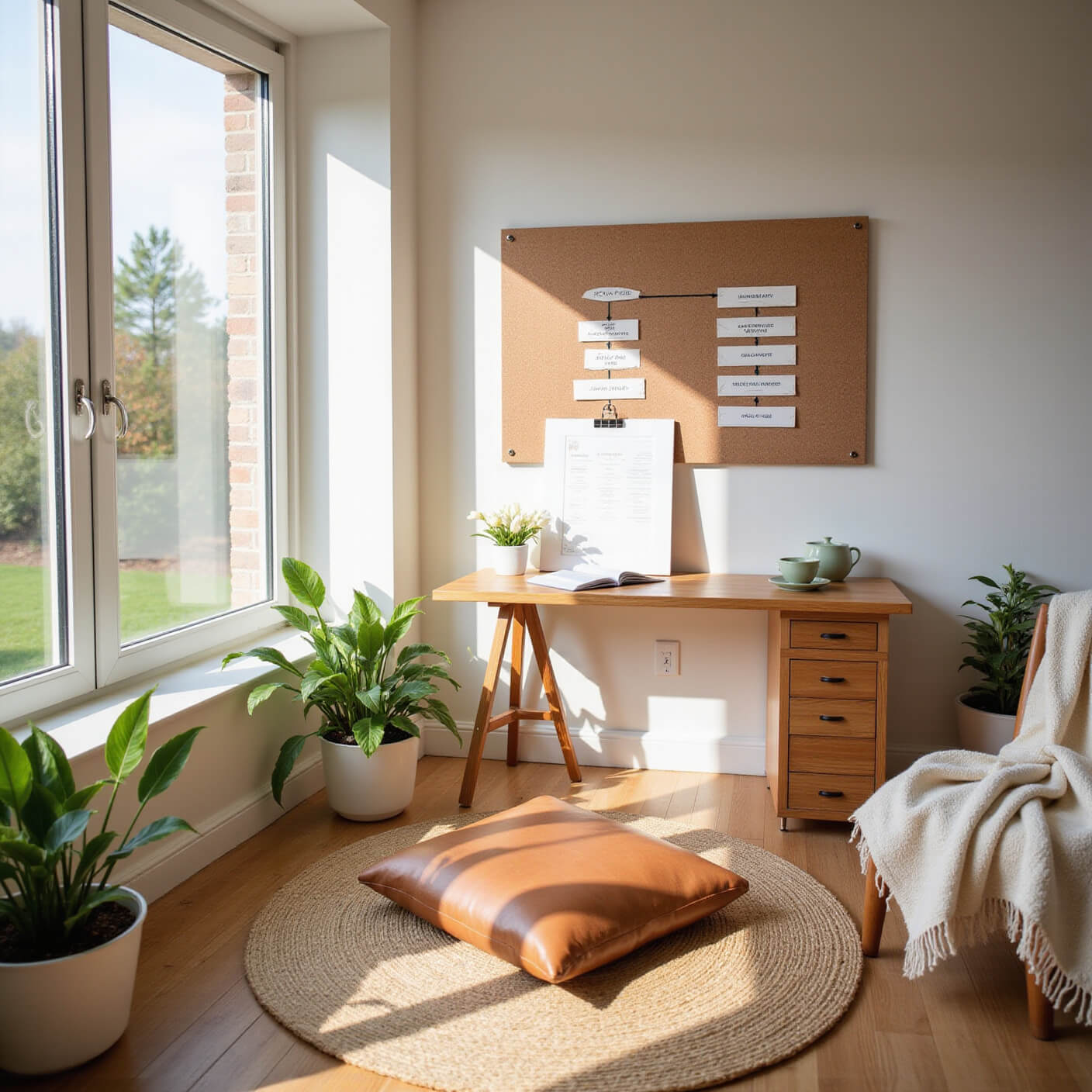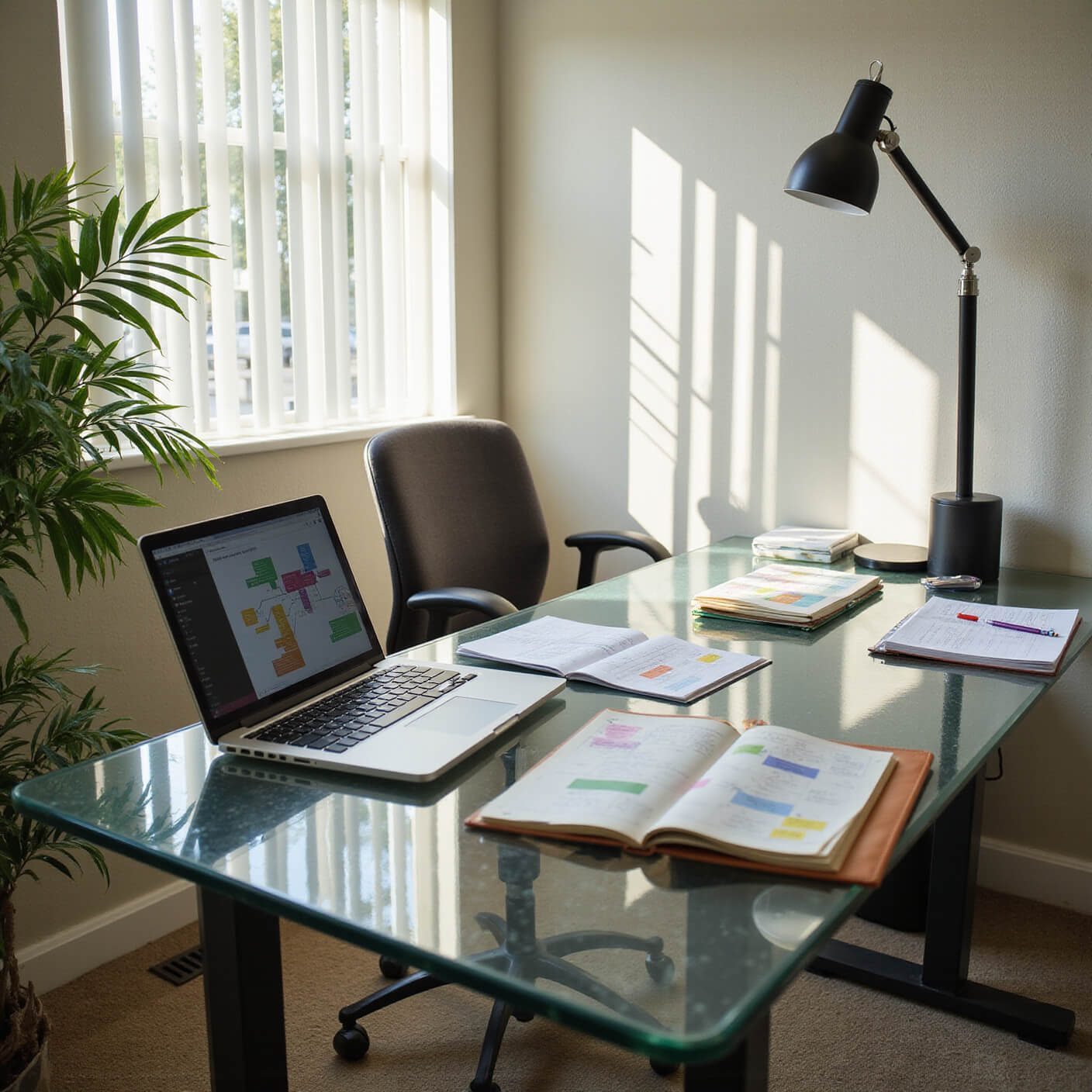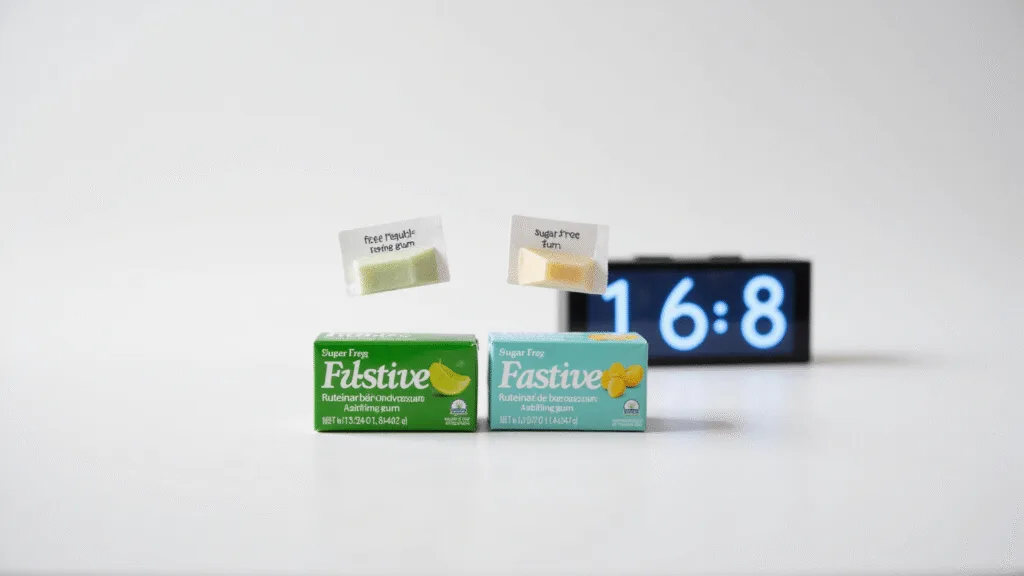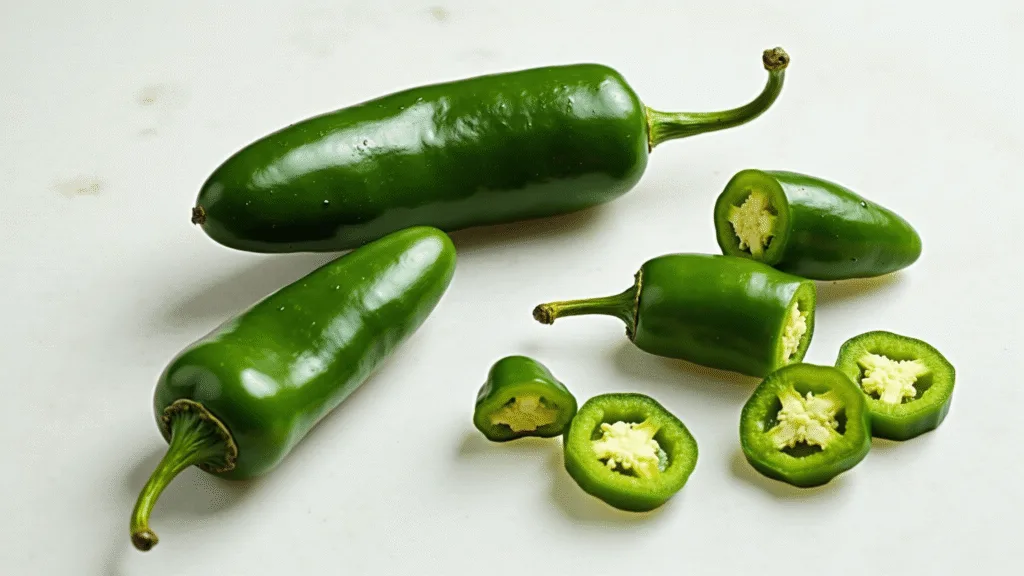Master Your Choices: A Real-World Guide to Better Decision-Making
Decision-making isn’t some mystical skill reserved for gurus — it’s something we can totally level up with the right strategies.
My name’s Jake, and I’ve spent years wrestling with tough choices, sometimes getting it right, sometimes totally bombing.
But here’s the deal: improving your decision-making isn’t about being perfect. It’s about developing a smarter approach to navigating life’s constant crossroads.

Why Decision-Making Skills Matter More Than You Think
Let’s be real: bad decisions can wreck your life faster than you can say “oops.”
We’re talking about choices that impact:
- Your career trajectory
- Relationships
- Financial health
- Personal happiness
- Mental well-being
The good news? Decision-making is a skill you can absolutely train — just like going to the gym, but for your brain.

The Honest Truth About Making Choices
Most people think good decision-makers are born, not made.
Total. Myth.
Great decision-makers are actually just people who:
- Understand their own thought patterns
- Know how to gather information
- Can recognize their personal biases
- Aren’t afraid to adjust course
8 Practical Strategies to Upgrade Your Decision-Making Game
1. Know Your Core Values
Your values are like an internal GPS.
When you’re clear about what matters most to you, decisions become WAY easier.
Quick exercise: Write down your top 3-5 non-negotiable values.
Examples might be:
- Family
- Personal growth
- Financial stability
- Creativity
- Health

2. Crush Your Cognitive Biases
We ALL have blind spots in our thinking.
Common decision-making traps include:
- Confirmation bias (only seeking info that agrees with you)
- Sunk cost fallacy (sticking with something just because you’ve already invested)
- Emotional reasoning (letting feelings override logic)
Pro tip: Ask yourself, “Would I give this same advice to a friend?”
3. Information Balance is Key
More information doesn’t always mean better decisions.
There’s a sweet spot between:
- Not enough research
- Analysis paralysis
Aim to gather sufficient information, then SET A DEADLINE to make your choice.

4. Mindfulness: Your Secret Weapon
Meditation and journaling aren’t just trendy — they legit rewire your brain.
Spending just 15 minutes daily practicing mindfulness can:
- Reduce stress
- Increase emotional intelligence
- Improve focus
- Help you recognize thought patterns
5. Reframe Problems Creatively
Stuck on a tough decision? Change your perspective.
Ask yourself:
- How would my hero handle this?
- What would this look like in 5 years?
- What’s the worst that could happen?
- What’s the best potential outcome?

6. Take Strategic Breaks
Sometimes the best decisions happen when you STOP thinking about them.
Go for a walk.
Take a nap.
Do something totally unrelated.
Your subconscious will keep working in the background.
7. Embrace Mistake Learning
Repeat after me: Mistakes are FEEDBACK, not failures.
Every “bad” decision teaches you something valuable about:
- Your thought process
- Your values
- What you actually want

8. Prioritize Self-Care
Burnt out? Your decision-making quality TANKS.
Non-negotiables for good choices:
- Enough sleep
- Healthy nutrition
- Regular exercise
- Stress management
- Social connections
Final Thoughts: You’ve Got This
Improving decision-making isn’t about being perfect.
It’s about becoming slightly better with each choice.
Small, consistent improvements compound over time.
Trust the process. Trust yourself.

Quick Recap:
- Understand your values
- Recognize your biases
- Balance information gathering
- Practice mindfulness
- Reframe problems
- Take breaks
- Learn from mistakes
- Prioritize self-care
Your future self will thank you.






